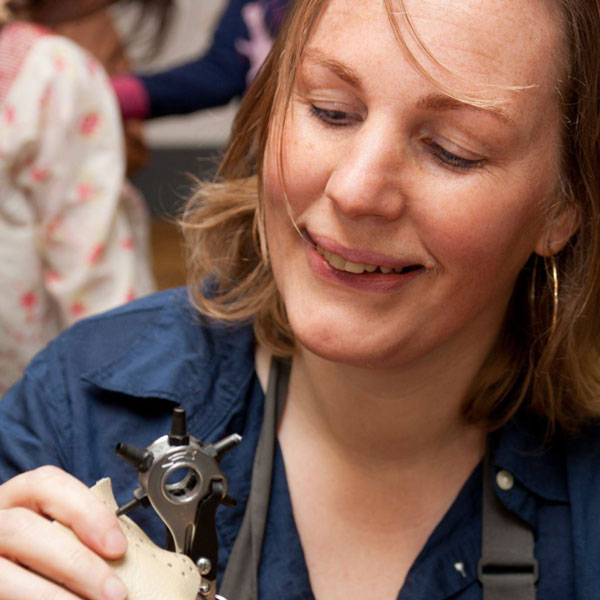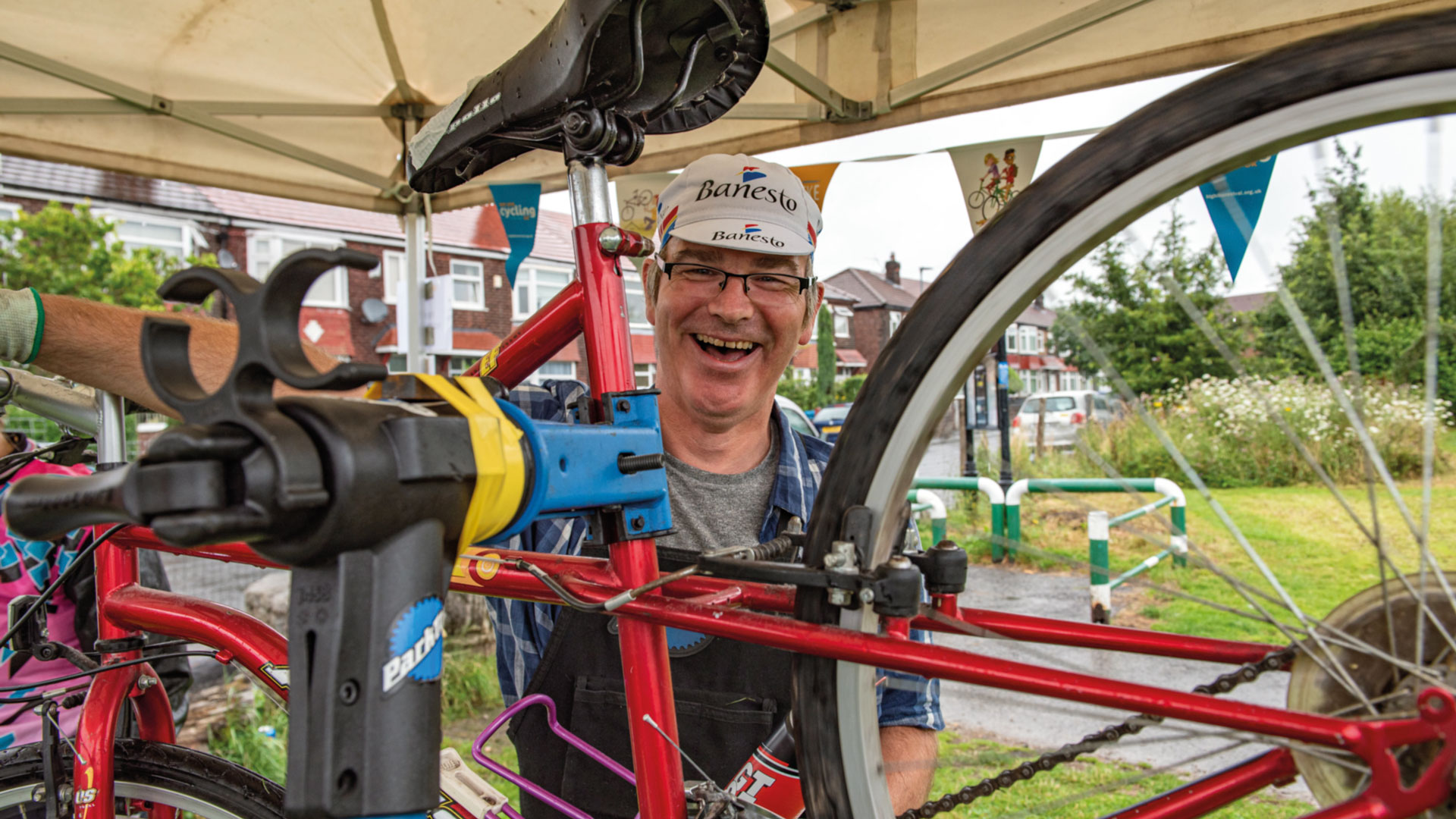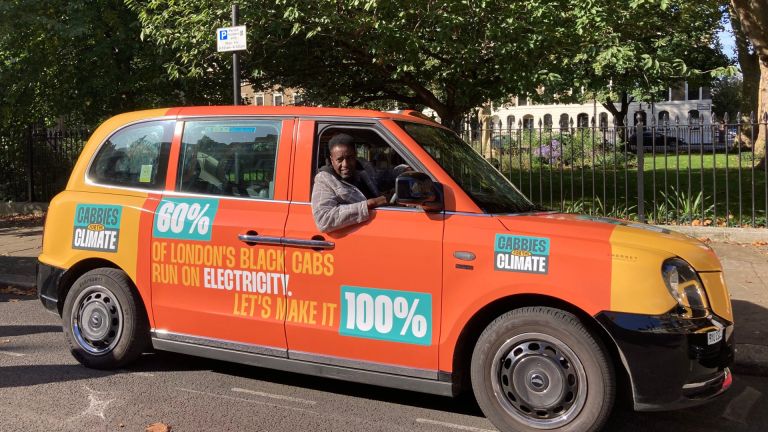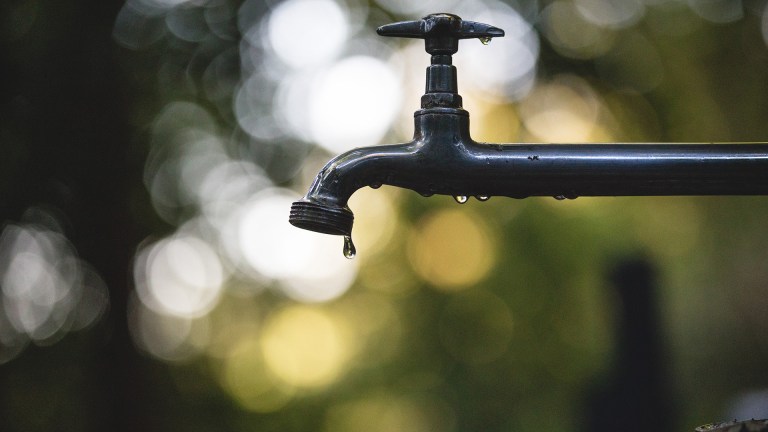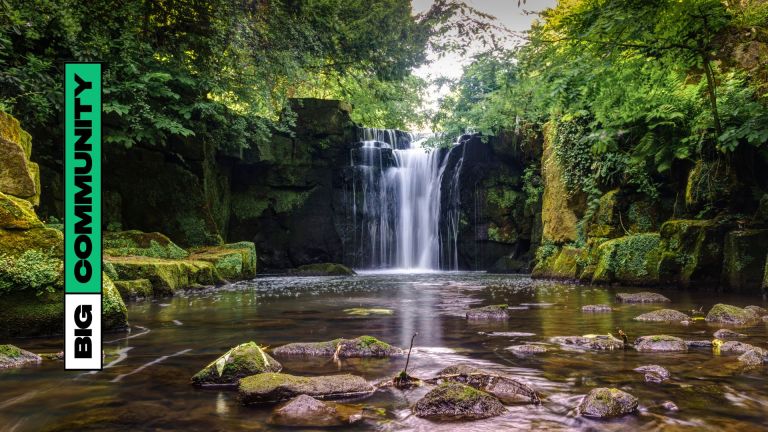Sophie Unwin: The way the team has grown and pulled together, our resilience through the pandemic, and the way that our computer distribution project has helped people study, work and feel connected to each other during a really challenging period. We have been distributing 500 quality second-hand computers to vulnerable people across the city, working in partnership with local groups.
Glasgow City Council awarded us a contract to dispose of these computers, and refurbishing them doesn’t just mean that communities benefit. It has also saved 117 tonnes of carbon dioxide – equivalent to emissions from 1,000 flights from Glasgow to Amsterdam.
What did you learn from your work last year?
I think we knew it already it but it has really reinforced to us the value of community. We work as a collective with three other grassroots organisations: Govanhill Baths Community Trust, Repair Cafe Glasgow and the Glasgow Tool Library, and sharing ideas, knowledge and resources from our work on the ground helped us all achieve so much more and adapt together.
The whole is really greater than the sum of its parts. We couldn’t do our work without the support of other groups – from the Somali Association to Freedom from Torture, who have helped us distribute the computers.
What work has been done during the pandemic?
Since opening in July our amazing technicians have carried out more than 300 repairs of household items – from radios to toys to jeans. We could see a real need for this neighbourhood service – and we’ve tried to keep prices as low as possible, normally just charging £5 or £10 for basic repairs so we can keep the service accessible for all.
The other need was for employment – and we’ve been able to create seven jobs in the last year. One of our technicians, Ross, was previously working as a sound and lighting engineer in the theatre industry – he’s been working with us to help us do electrical repairs.
99. Flora Blathwayt, Washed Up Cards
Flora Blathwayt began cleaning up plastic from the Thames and making it into greeting cards for friends and family. She has now turned the idea into a business, Washed Up Cards.
The Big Issue: Can you tell us how the pandemic changed your life?
Flora Blathwayt: Like for a lot of people, it was a really stressful and difficult year. Back in April, the idea that a pandemic was hitting was in itself new and very uncertain. I was feeling quite rudderless at home, I’d gone through a breakup and was living on my own. I was furloughed and suddenly didn’t have a working routine. It was just quite tough.
What drew you towards starting Washed Up Cards?
I went on a beach clean-up event before lockdown and the amount of microplastic I was finding really shocked me. My sister was getting married the following weekend and I remember stashing a few bits of plastic in my pocket because I wanted to try and use them on a card for her wedding. When lockdown hit, I reached out to all my neighbours with cards letting them know that they could call me if they needed anything. That was when I realised I could do more with the idea.
In what ways has working on Washed Up Cards been a positive experience?
I’m grateful not just for having this business off the ground but also the therapeutic benefit it’s given me. Beach cleaning is strangely meditative. You’re outdoors, near water, which is very soothing. The plastic I pick up is so nominal in the grand scheme of things, but it still feels like I’m doing something positive for the climate crisis and that’s better than nothing.
100. Mock COP26
When November’s 2020 UN Climate Change Conference (COP26) was delayed, a group of youth climate activists organised Mock COP26 – a two-week event of speeches, panels and climate crisis workshops prioritising the voices of underrepresented communities and the Global South. Sonali, a coordinator from India, tells us more.
The Big Issue: What was the overall aim of Mock COP26?
Sonali: To ensure that world leaders take young people and the climate emergency seriously. COP25 was not ambitious enough and we need global leaders to treat the crisis like a crisis. COP26 is a platform to ignite meaningful political climate crisis action, so that we can ensure a healthy and sustainable planet for everyone. Mock COP26 showed world leaders and the global community what an ambitious yet realistic COP should look like.
Can you tell us a bit more about the conference itself?
It was a two-week online event with delegations from more than 140 countries. There were panels, speakers, group discussions and messages from youth activists around the world. In week two, delegates started voting on the policies that we would like world leaders to prioritise. At the end of the conference, Mock COP drafted their legal treaty, which will be passed to representatives at COP26 to ensure our words are taken into consideration. The event was a great success.
What can the public can do right now to limit carbon footprints?
Embrace a minimalistic lifestyle. Declutter your home and donate unneeded items to charity. Buy locally sourced, organic, plant-based, unprocessed foods from local farmers. Ultimately, the most important thing anyone can do is to educate themselves and then educate their community.
Read about the others who made the list of our top 100 Big Issue Changemakers here.
